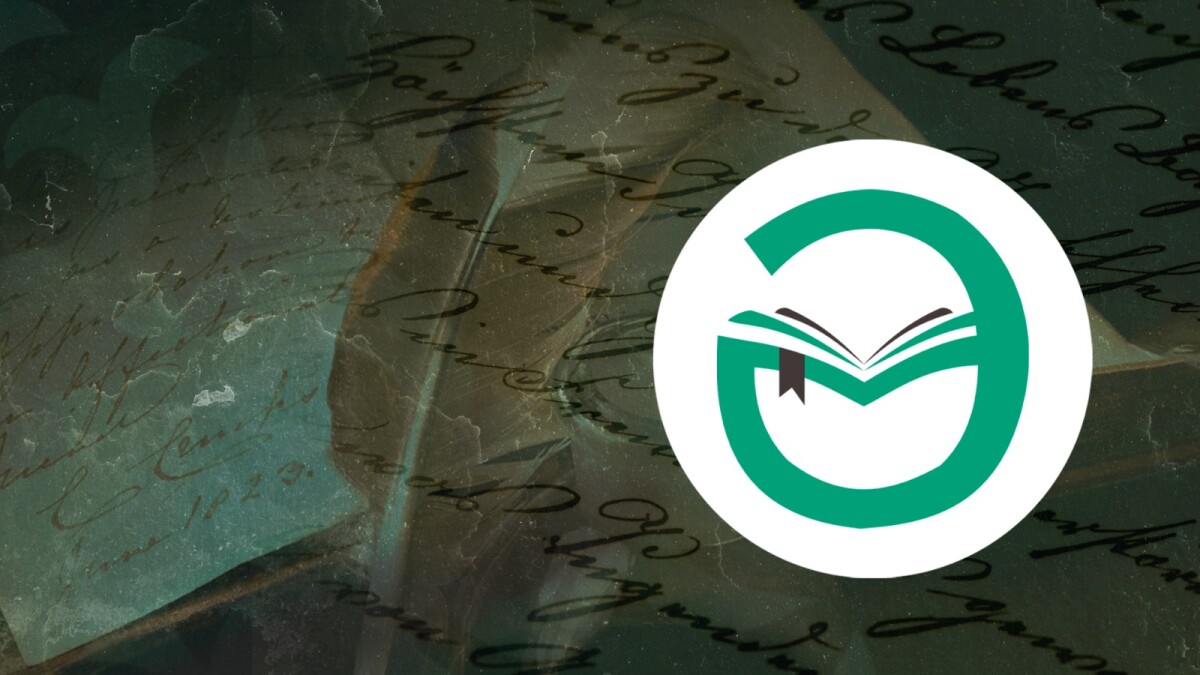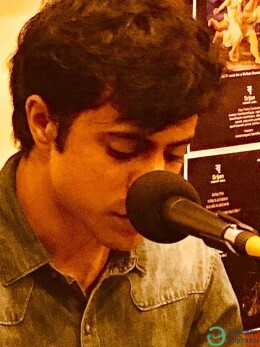It's no secret that when it comes to Kazakh poetry, most people hesitate and cannot name any of today's young poets. Some even perpetuate the misconception that "Kazakh poetry is underdeveloped and only sings about the village, native land, and love," failing to recognize the true face of contemporary poets. But is that really the case? Has the era of our poetry ended with the likes of Tolegen Aibergenov, Fariza Ongarsynova, and Mukhtar Shakhanov of the last century? In fact, it is not. Although their voices may not yet reach the masses, there are plenty of poets who capture today's realities, address modern issues in their work, and bring new vibrancy to Kazakh poetry.
Their poetry is a mirror of our time, reflecting its heterogeneity, versatility, and inconsistency. Unlike past eras, the lyrics of the 21st century do not have dominant trends or literary groups that set the vector for its development. This is explained by the transitional nature of the modern era, in which poets are in an active and intense search for language, forms, symbols, and images. Now poets are actively experimenting with vocabulary, finding a synthesis with various types of art, and are not even afraid of shocking their audience to create an effect. This freedom of expression allows the creation of unique works that play with metaphors and images, evoking unusual emotions and impressions. Contemporary poetry thus becomes a field for bold and unconventional approaches, where there is no room for stereotypes and restrictions. As Ykylas Ozhai notes about modern Kazakh poetry: "It is clear that modern poets have gradually turned from formal experiments to intellectual poetry. The works of modern poets reflect such existential themes as the problem of philosophical knowledge of nature, the world and God, as well as the theme of human loneliness and death."
However, along with the opportunity for experimentation, modern poetry faces serious problems. One of the main issues is the lack of proper attention from critics, experienced philologists, and competent publishers. The enormous possibilities of the Internet and freedom of speech deprive poets of the opportunity to filter material and select poetic pearls. As a result, modern poets often write “for the drawer” or for a very limited circle of readers. It will probably take a long time before the best works of modern poets take their rightful place in Kazakh literature.
Below, we focus on several young poets who have brought new breath and unique themes to modern Kazakh poetry, boldly addressing the problems of our time.
Baurzhan Maitai is a young poet who has entered the world of poetry with the fervor and creativity of youth. His work uniquely bridges the past and the future, exploring the essence of Kazakh identity amidst the rapidly changing tides of globalization and the modern information age. His poems have a remarkable ability to revive the nostalgic memories of the past in the reader's mind.
Maitai’s poetry often consists of a series of interconnected pieces, where each poem builds upon the previous one, developing themes and leading the reader to profound reflections on existence. This approach showcases the poet's distinctive direction and creative exploration. In his work, symbolism takes precedence over ornate decoration, with numerous allusions enriching his verses. Rather than relying on a myriad of artistic embellishments, Maitai uses a special combination of different stylistic elements to convey his messages. His poetry is a testament to the power of subtlety and depth, inviting readers to engage with the underlying themes and ideas in a meaningful way.
Tilek Irysbek, a prominent young figure in intellectual poetry, was born in the village of Turgenbulak, Mungulkur District, Xinjiang Uygur Autonomous Region of China. In 2005, he moved to Kazakhstan and has since made significant contributions to Kazakh literature. He has translated works of Western authors such as Julio Cortázar, Samuel Beckett, and T.S. Eliot into Kazakh, enriching the literary landscape with these global voices.
Irysbek's poetry is notable for its clear political stance. The political situation that severed his ties with his homeland has profoundly influenced his work. Themes of decolonization, longing for his homeland, and nostalgic reflections on childhood frequently surface in his poems. Through his writing, Irysbek poignantly addresses the struggles and aspirations of those displaced and disconnected from their roots, making his work both intellectually and emotionally resonant.
Fayzulla Toltai is a dynamic young poet known for actively expressing his civic position through his ambitious poems. Born on September 24, 1996, in the village of Zhanatas, Zhambyl region, Toltai's work spans a diverse range of themes. His poetry delves into the introspective search for self and answers to internal questions, while also addressing the pressing issues facing society from a poetic perspective. Toltai's ability to blend personal reflection with social commentary makes his work resonate with a wide audience, marking him as a significant voice in contemporary Kazakh poetry. He published a book of poetry titled "Double-doored Colors" at 2020.
Makpal Zhumabay has introduced a new format to Kazakh poetry with his distinctive poems. Born on September 24, 1985, in the Almaty region, she graduated from the Faculty of Cinema and Television of the Kazakh National Academy of Arts named after Zhurgenov. Zhumabay is a laureate of the State Youth Prize "Daryn," and his published works include the poetry collection "Kyrandar men kazakhtar" and the audio cassette "Makpal Sher." The uniqueness of Zhumabay's poetry lies not only in the originality of his themes and poetic artistry but also in the distinct melody each of her poems holds. Literary critic Aliya Bobezhanova remarked, “Makpal, as it were, transformed and brought to us the tradition of zhyrau, which remained in antiquity, thanks to the passage of time, development, and changes in society.” This ability to blend ancient traditions with contemporary insights makes Zhumabay a significant and innovative figure in modern Kazakh literature.
Certainly, beyond the poets already discussed, there are many other young, innovative voices in Kazakh poetry. Zhuldyz Moldagali's work is infused with a quest for spiritual understanding and a yearning for freedom. Aizharyk Sultankozha transforms the meaning found in everyday moments into evocative "blank" verse. Other notable young poets, such as Akzhan Amanzhol, Altynbek Mersadiq, Islam Kabyluly, and Asel Karibay, each bring their own distinctive talents and perspectives to the field. The poetry of these emerging voices warrants careful reading and appreciation from discerning audiences.











